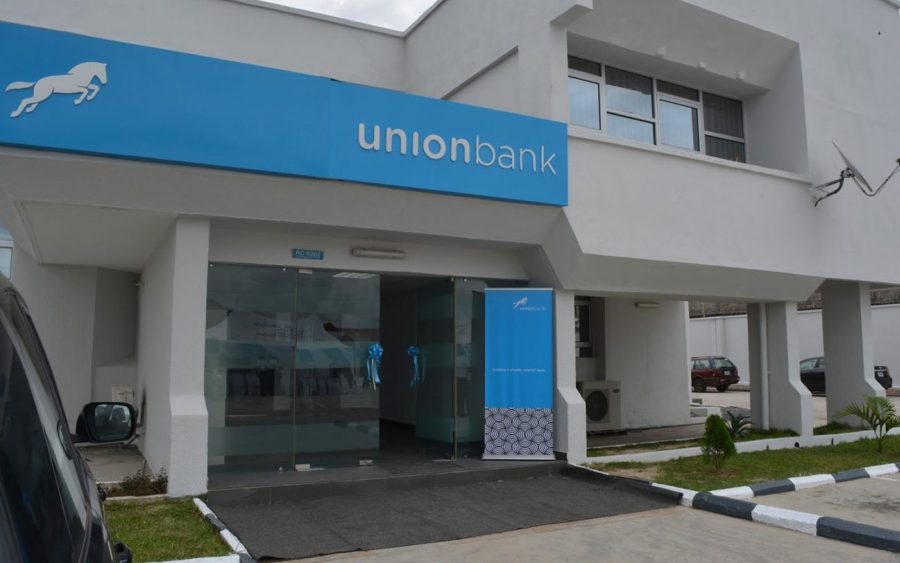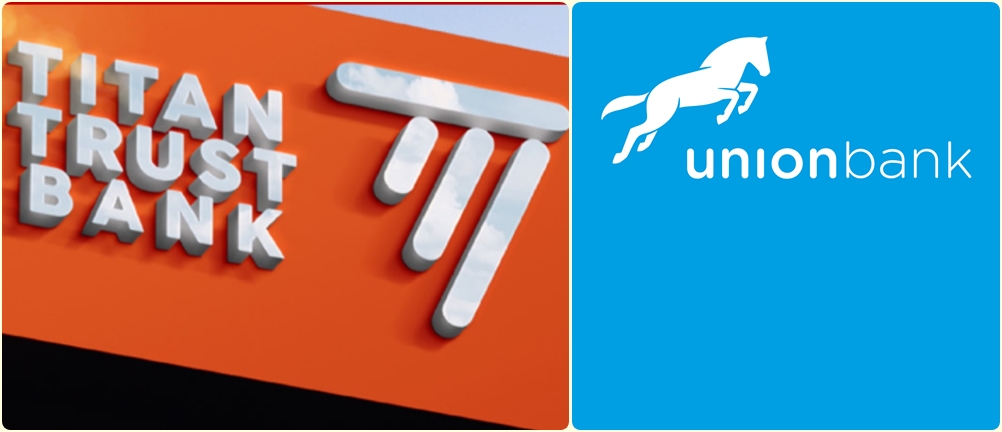Shareholders of Union Bank of Nigeria Plc are impressed by the recent development in the bank’s Non-Performing Loan (NPL).
NPL reduced: The Chairman of the company’s board of directors, Cyril Odu, while addressing shareholders at the 50th Annual General Meeting, said the bank’s NPL reduced from 20.8 percent in Q4 2017, to 8.1 percent in the corresponding period of 2018.
Customer deposits increased: Customer deposits also went up by seven percent to N857.6 billion, compared to N802.4 billion in 2017.
What are NPLs: A Non-Performing Loan is a type of loan that is in, or close to a default. This typically happens when principal and interest payments on the loan are overdue by 90 days or more.
Non-performing loans are generally considered as bad debt because the chances of them getting paid back are minimal. The more the non-performing loans a bank has on its books, the more chances for its stock price to be affected.
The Union Bank’s major accomplishment in 2018: The company’s Chairman also used the occasion to enumerate some important accomplishments the bank recorded in 2018. These include the strengthening of retail and transaction banking offerings and the launch of the first Local Letter of Credit to support local trade.
He also mentioned the launch of the inaugural N13.5 billion Bond issue and the adoption of the Robotic Process Automation (RPA) technology, the first Bank to do so in Nigeria.
“We have positioned Union Bank to take advantage of the emerging opportunities in the economy and remain optimistic about the future of the Bank. We will execute our 2019-2021 strategic objectives – Sweating our Assets, Digitizing our Bank, and Positioning for the Future – towards being Nigeria’s most reliable and trusted banking partner.
Similarly, the Chief Executive Officer of Union Bank, Emeka Emuwa, also spoke on the bank’s performance, saying:
“Our priorities in 2018 were three pronged; enhancing our productivity across board; tightening up our loan portfolio (especially resolving key large exposures, which drove NPLs up significantly at the end of 2017), and optimising the Bank’s capital and funding base”.
Its ROTE also improved: Union Bank also announced that its Return on Tangible Equity (ROTE) improved to 9.6 percent from 6.2 percent in 2017.
Union Bank’s stock is currently trading at N7 during today’s trading session on the Nigerian Stock Exchange (NSE).

















